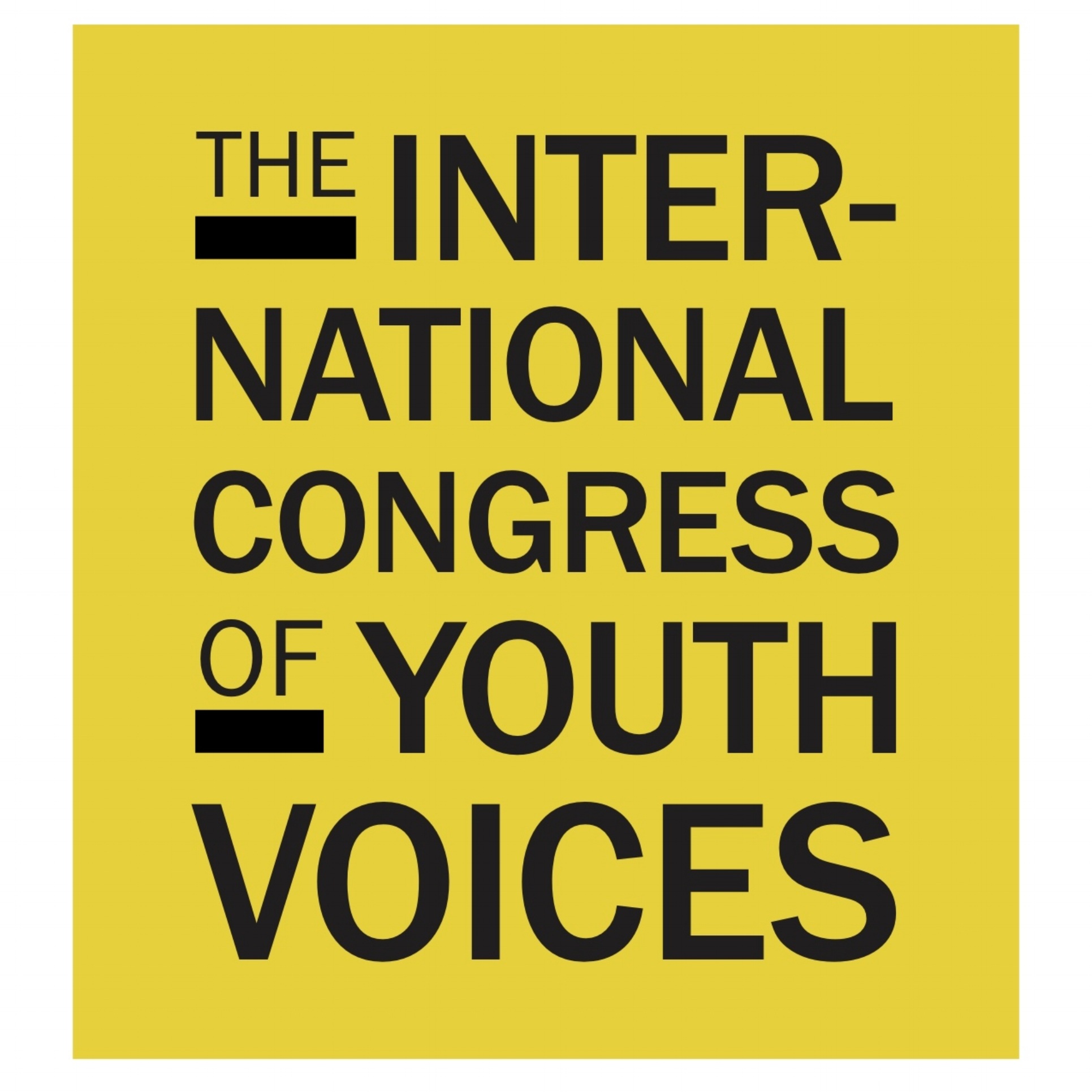SACHIN DANGI, 19
Sachin Dangi is a young leader and entrepreneur from Kathmandu, Nepal. Dangi is the CEO of the Nepal International Finance Center and President of the Teenage Society of Nepal. In 2017, he was awarded the Glocal Teen Hero award, recognizing him for his youth advocacy and work in organizing his community. He has represented Nepal at various international stages such as the UN Economic and Social Council Youth Forum, Global STEM Alliance Summit, the International Congress of Youth Voices, and many more.
Dangi loves writing, especially when it rains and there is coffee on the table. He is interested in music and art and is an avid supporter of Manchester United. He believes in the power of teens and has time and again shown that teens can bring a change. International Youth Conclave, Dangi’s young leaders group, hosted a youth-led summit for the first time in Nepal. He loves literature, business, as well as science. His work has been covered by national television and newspapers. Dangi is honored to be a role model for teenagers around the nation
Dangi believes in the power of team work, and in the youth all over the world to give back to the society by working together for a better purpose. With all the things going on, he always makes sure to enjoy his life and recall time and again that nothing lasts forever. Dangi is pursuing his BA at King's College in Nepal.
Untitled
by Sachin Dangi
I attended a conference on climate change in one of the first world nations. I was chosen from my country and my trip was funded. Thus, it was my duty to be punctual to each event. I arrived to the venue fifteen minutes before the conference started. It was being hosted on the third floor. Since I had enough time, I asked how to get to the stairs and to my surprise, we were not allowed to take the stairs. It was a compulsion to use the elevators. I had to attend a conference on climate change where I could only use elevators rather than energy-saving stairs.
A few moments later, I ended up in a big conference room where an individual from Africa was sharing how she started planting trees to help combat climate change. Others came up with different projects such as cleaning rivers and maintaining eco-friendly startups. It was really heart-melting to see youth taking action towards projects that could benefit their future. Climate change melts icebergs, causes acid rain, decreases the lifespan of the planets, and so much more. I understand these effects and so do most of the people I talk to about climate change, but things are different for remote parts of my country where electricity just became accessible a couple years ago.
Factories in my country are still new and futuristic. I can only get a mobile signal when I climb the highest tree in the village and reach my hand as high as I can towards the sky. People work in the fields every day, children go to school—which is an hour away— and have joyful family reunions at night, but now cook their food with biogas produced from the cow dung. This place was transforming into something else.
Before these changes, the people never knew what smoke coming out of industries looked like; they never could imagine the amount of vehicles producing carbon dioxide when running in the cities every day. They were too naïve to realize that these advancements also came with negative effects.
My country started to share a similarity with more developed countries, a rather haunting one. I could remember not seeing stars in the sky when I walked the roads of Manhattan in the middle of the night when I was at the conference. The youth there told me that they could only see a couple of stars in the sky which could be counted on one hand. The fishermen told me the amount and species of fish were declining every day. The river had more junk flowing in it than fish. The old lady told me that migrating birds were nowhere to be seen for the last couple of years. The farmer told me his soil was getting more and more barren and would not produce the same amount of crop as it did every year before.
Climate change effects far more people than we imagine and in far more ways than we can think off. It is in our best interest that we all work together to find a solution to this everyday problem.

